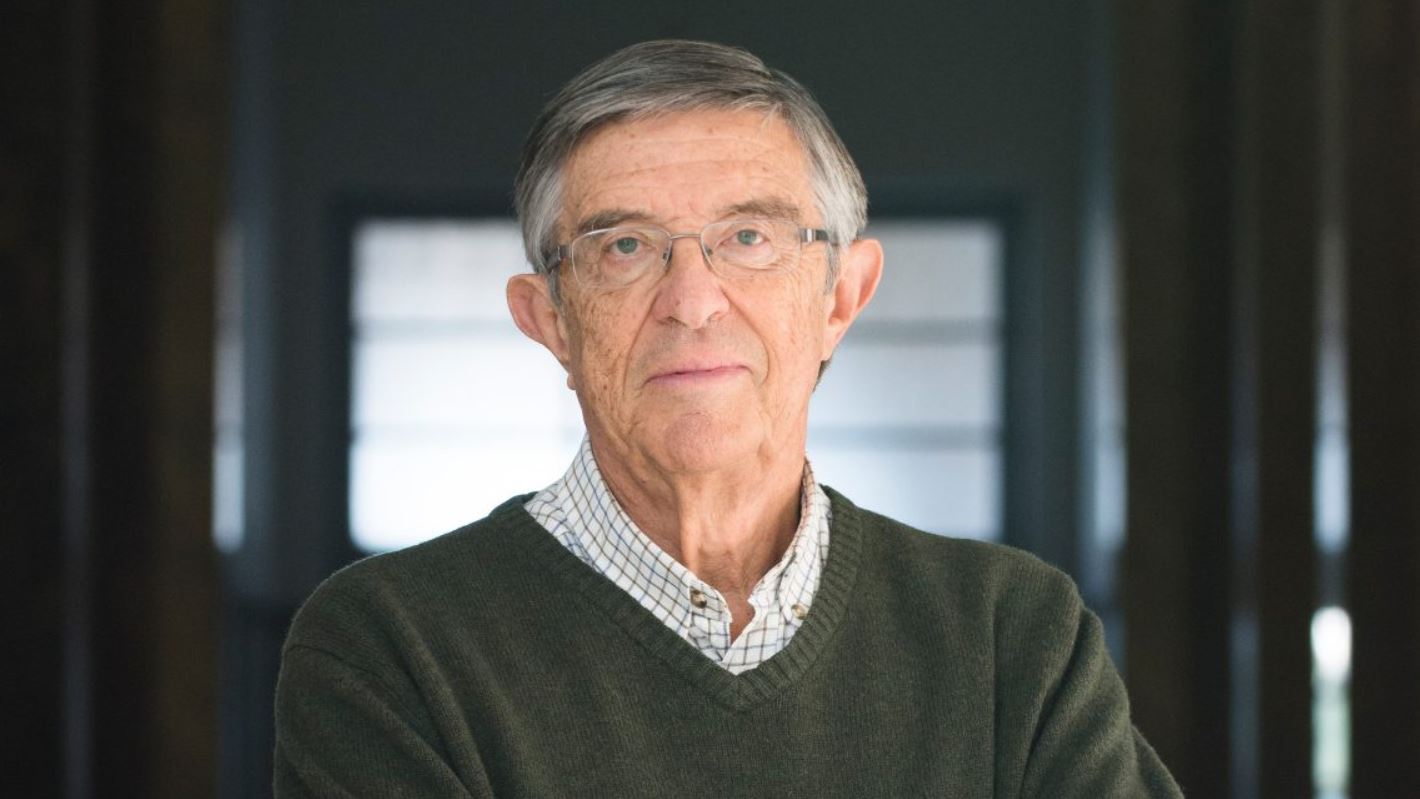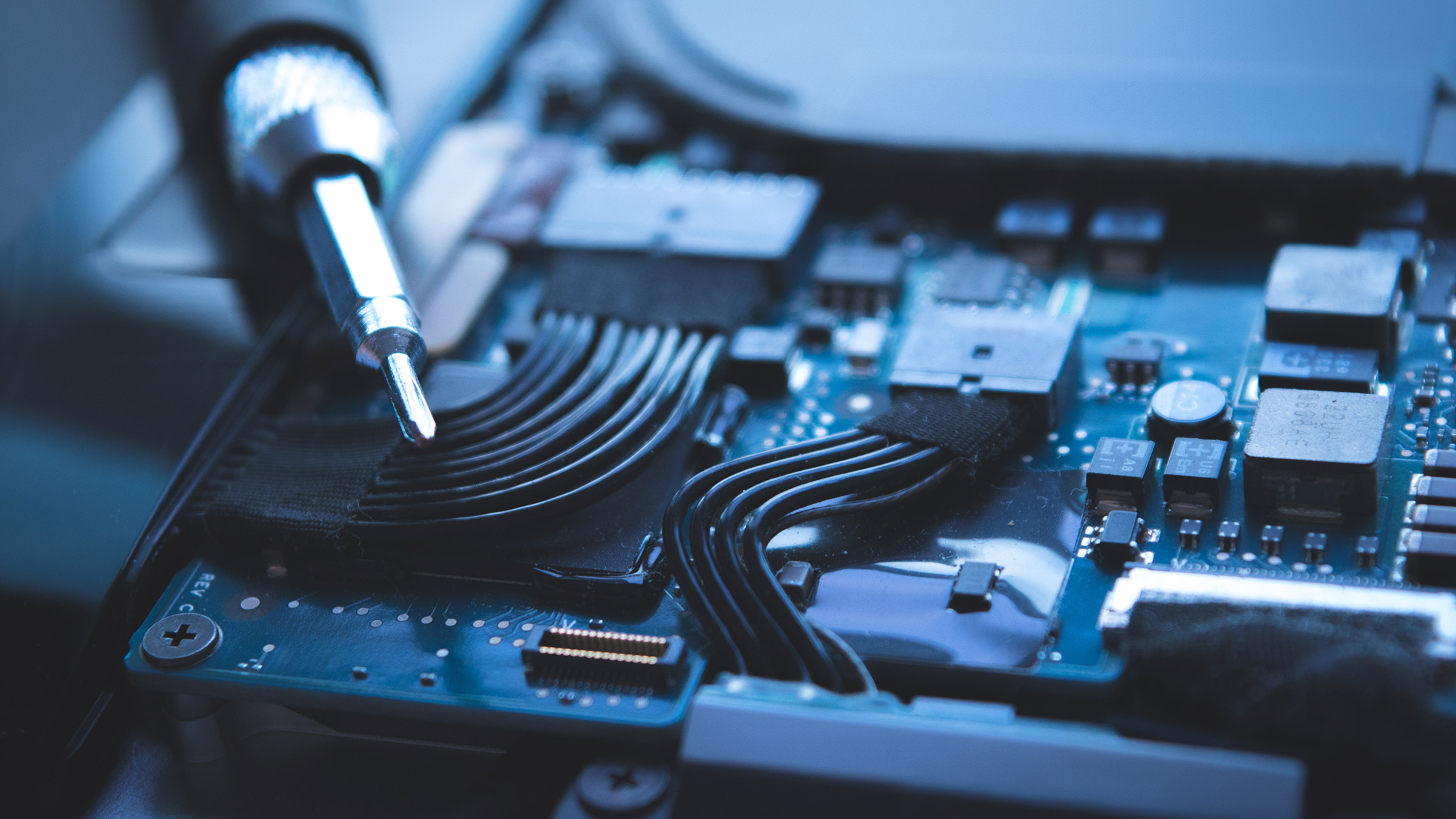Professor Carlos Salema elected president of the Academy of Sciences

“I hope I will live up to the trust placed in me”, says Carlos Salema, professor at the Department of Electrical and Computer Engineering – Instituto Superior Técnico, regarding his recent election as president of Lisbon Academy of Sciences for 2019-21. Elected almost unanimously, the Técnico professor succeeds professor Artur de Oliveira Soares. “My motto is: act more and talk less”, says professor Carlos Salema.
The Academy of Sciences was founded in 24th December 1779. The Academy’s goal is to promote scientific research and the dissemination of its results, as well as to share experiences. “The Academies were created in Europe at a time when it became important that scientists communicate with each other to discuss their work”, says the new president of Lisbon Academy of Sciences. “Nowadays things are different, people travel everywhere and we have the Internet, so the Academies play a secondary role”.
However, there are Academies that continue to play an important role. “The Austrian Academy of Sciences has a budget of one hundred million euros and our budget is less than half a million euros”, says professor Carlos Salema.
“I think that, besides the low budget, the fact that effective members cease to be effective upon their death is something that has to be changed because it limits the access to new membership”, he says. “However, this requires a statutory change and it’s very complicated to do”, he clarified. Professor Carlos Salema wants to create a Young Academy with members up to 40 years old inside the Academy of Sciences.
The modernisation of the Academy also involves the digital platforms: “I hope that the Academy sessions can be accessible to all using digital platforms”. “We organise and co-organise interesting conferences, we have a very good library, a small museum that includes ethnographic pieces and the Academy’s building is magnificent”, says the Técnico professor.
Professor Carlos Salema believes that his parallel career in management played a decisive role in his election. “Fortunately, many projects in which I was involved were a success, namely Fundação para a Computação Científica Nacional(FCCN), which is part of Fundação para a Ciência e a Tecnologia (FCT) and Instituto de Telecomunicações (IT)”.
“I want a more dynamic Academy of Sciences. I want people who make things happen. I will give this Academy more visibility so that we can reach more people”
